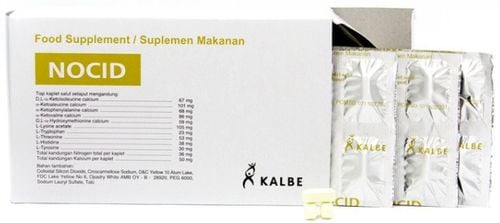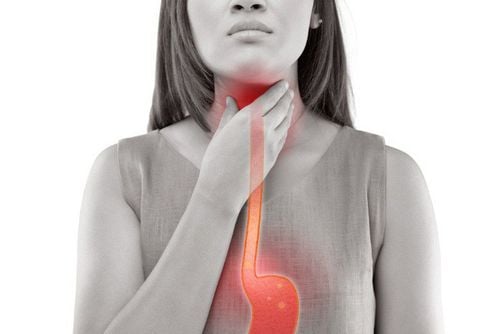Bee pollen is a mixture of pollen, nectar, enzymes, honey, wax, and bee secretions. Recently, bee pollen has gained attention in the medical community because it contains nutrients, amino acids, vitamins, lipids, and over 250 other active compounds. As a result, the German Ministry of Health has recognized bee pollen as a medicinal substance. Below are 11 science-backed health benefits of bee pollen.
1. Rich Nutritional Content with Over 250 Active Compounds
Bee pollen contains an impressive list of nutrients. You should not confuse bee pollen with other bee products such as honey, royal jelly, or beeswax. These products may not contain pollen or may contain different substances.
Bee pollen contains over 250 bioactive compounds, including proteins, carbohydrates, lipids, fatty acids, vitamins, minerals, enzymes, and antioxidants.
Bee pollen grains contain approximately:
- Carbohydrates: 40%
- Protein: 35%
- Water: 4 - 10%
- Fat: 5%
- Other compounds: 5 - 15%
Additionally, bee pollen is rich in vitamins, minerals, antibiotics, and antioxidants. However, its nutritional content depends on the plant sources from which the bees collect the pollen and the season in which it is harvested.
For example, studies have shown that bee pollen collected from pine trees contains about 7% protein, while pollen from palm trees can have up to 35% protein. Furthermore, pollen collected in the spring has a different amino acid composition compared to pollen collected in the summer.
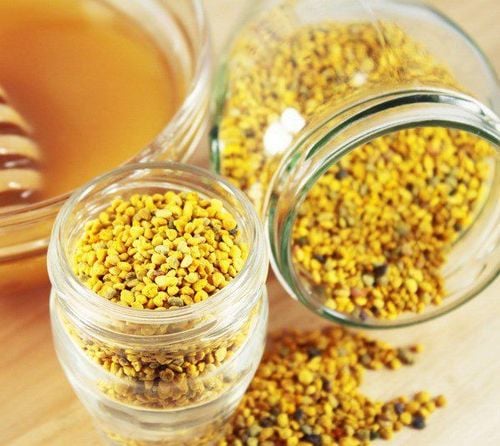
2. High Antioxidant Content Protects Against Free Radicals and Chronic Diseases
Bee pollen is packed with antioxidants, including flavonoids, carotenoids, quercetin, kaempferol, and glutathione. Antioxidants help protect the body from harmful molecules known as free radicals. Damage caused by free radicals is associated with chronic diseases such as cancer and type 2 diabetes.
In vitro, animal, and some human studies have shown that the antioxidants in bee pollen can reduce chronic inflammation, eliminate harmful bacteria, fight infections, and inhibit tumor growth and spread. However, the antioxidant content in bee pollen also depends on its plant sources.
3. May Reduce Cardiovascular Risk Factors such as High Blood Lipids and Cholesterol
Cardiovascular disease is the leading cause of death worldwide. High blood lipid and cholesterol levels are linked to an increased risk of cardiovascular diseases. Bee pollen may help reduce these risk factors. For example, animal studies have shown that bee pollen extracts can lower blood cholesterol levels, especially bad cholesterol (LDL).
In individuals with myopia due to narrowed blood vessels in the eyes, bee pollen has been shown to reduce blood cholesterol levels and improve vision in these patients.
Additionally, the antioxidants in bee pollen can protect lipids from oxidation. When lipids oxidize, they can clump together, limiting circulation in the blood vessels and increasing the risk of cardiovascular disease.
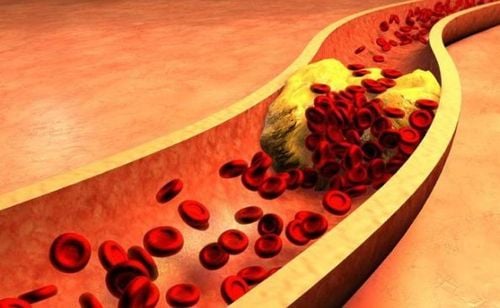
4. May Enhance Liver Function and Protect Your Liver from Toxins
The liver is a vital organ that helps break down and remove toxins from your blood. Animal studies have found that bee pollen may enhance detoxification abilities. In older animals, bee pollen boosted antioxidant protection in the liver and removed more waste products, such as malondialdehyde and urea from the blood.
Other animal studies have shown that the antioxidants in bee pollen protect the liver from damage caused by various toxins, including drug overdoses. Bee pollen also promotes the recovery of liver cells.
5. Contains Compounds with Anti-inflammatory Properties
Bee pollen has long been used to reduce inflammation and swelling. A study in animals showed that bee pollen extracts reduced swelling in mice by up to 75%.
In fact, its anti-inflammatory effect is comparable to that of certain non-steroidal anti-inflammatory drugs (NSAIDs) such as phenylbutazone, indomethacin, analgin, and naproxen.
Bee pollen contains several compounds that may help reduce inflammation and swelling, including the antioxidant quercetin, which reduces the production of pro-inflammatory omega-6 fatty acids like arachidonic acid. Plant-based compounds in bee pollen can also block processes that trigger the production of pro-inflammatory hormones such as tumor necrosis factor (TNF).
6. May Help You Avoid Illness by Boosting Immunity and Killing Bacteria
Bee pollen may strengthen your immune system, helping you avoid illness and unwanted reactions. Studies have shown it can reduce the severity and frequency of allergic reactions. In one study, bee pollen was shown to significantly reduce the activation of mast cells. When these cells are activated, they release chemicals that trigger allergic reactions.
Additionally, several in vitro studies have confirmed that bee pollen has strong antibacterial properties. Bee pollen extracts have been found to kill harmful bacteria such as E. coli, Salmonella, Pseudomonas aeruginosa, and bacteria that cause staph infections.
7. May Support Wound Healing and Prevent Infections
Bee pollen has anti-inflammatory and antioxidant properties that can aid in wound healing. For example, animal studies have shown that bee pollen extract is as effective as silver sulfadiazine, a common burn treatment, and has fewer side effects.
Another animal study found that applying a fragrant oil containing bee pollen to burn wounds significantly accelerated the healing process compared to conventional treatments.
Bee pollen’s antibacterial properties can also prevent infections, a major risk factor that can impede wound healing, cuts, scrapes, and burns.
8. May Have Anti-Cancer Properties
Bee pollen may have applications in cancer treatment and prevention. In vitro studies have found that bee pollen extracts inhibit tumor growth and stimulate programmed cell death (apoptosis) in prostate, colon, and blood cancers.
Bee pollen from plants like Cistus incanus L. (rock rose) and Salix alba L. (white willow) may have anti-estrogen properties, potentially reducing the risk of breast, prostate, and uterine cancers. However, more human studies are needed.
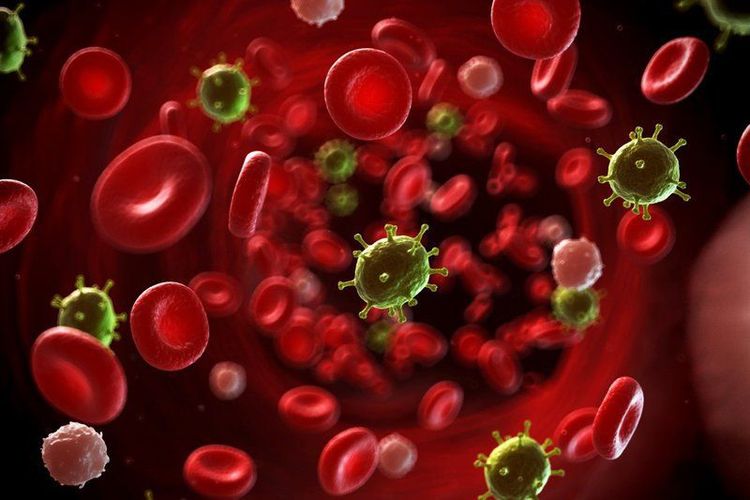
9. Reduces Menopausal Symptoms such as Hot Flashes
Menopause is the stage that marks the end of menstruation in women, often accompanied by discomforting symptoms such as hot flashes, night sweats, mood swings, and sleep disturbances. Studies have shown that bee pollen may alleviate some of these menopausal symptoms.
In one study, 71% of women reported an improvement in their menopausal symptoms while using bee pollen. In another study, 65% of women who took bee pollen supplements experienced fewer hot flashes. These women also showed other health improvements, such as better sleep, reduced irritability, reduced joint pain, and improved mood and energy levels.
Furthermore, a three-month study showed that women taking bee pollen supplements had fewer menopausal symptoms. Additionally, these supplements helped reduce LDL cholesterol and increase HDL cholesterol.
10. May Improve Nutrient Absorption, Metabolism, and Increase Lifespan
Some evidence suggests that bee pollen can improve nutrient absorption in the body. For example, iron-deficient mice absorbed 66% more iron when bee pollen was added to their diet. This increase in absorption is likely due to the presence of vitamin C and bioflavonoids in bee pollen, which enhance iron absorption. Additionally, healthy mice fed bee pollen absorbed more calcium and phosphorus from their diet. Bee pollen contains high-quality protein and amino acids that may support this absorption process.
Other animal studies have shown that bee pollen can improve muscle growth, speed up metabolism, and extend lifespan. While animal studies are promising, it is unclear whether these effects apply to humans. More research is needed to investigate this potential benefit.
11. Safe for Most People and Easy to Add to Your Daily Diet
Bee pollen is available in granule or supplement form and is safe for most people. You can purchase it from health stores or local beekeepers. Bee pollen can be added to your favorite foods, such as breakfast or smoothies. However, individuals who are allergic to pollen should avoid bee pollen products, as they can cause symptoms like itching, swelling, difficulty breathing, or anaphylaxis.
These products may also interact poorly with blood-thinning medications, such as warfarin. Pregnant or breastfeeding women should avoid bee pollen products due to insufficient evidence regarding their safety for infants.
In summary, bee pollen contains numerous vitamins, minerals, and antioxidants. Studies show a connection between bee pollen and its compounds with health benefits, such as reducing inflammation, improving immunity, alleviating menopausal symptoms, and aiding wound healing.
However, most of the evidence regarding bee pollen and its components comes from in vitro and animal studies. More human research is needed to clarify its health benefits. Bee pollen is a great supplement to your diet and can easily be purchased from health stores or local beekeepers.
Reference source: healthline.com
To arrange an appointment, please call HOTLINE or make your reservation directly HERE. You may also download the MyVinmec app to schedule appointments faster and manage your reservations more conveniently.

